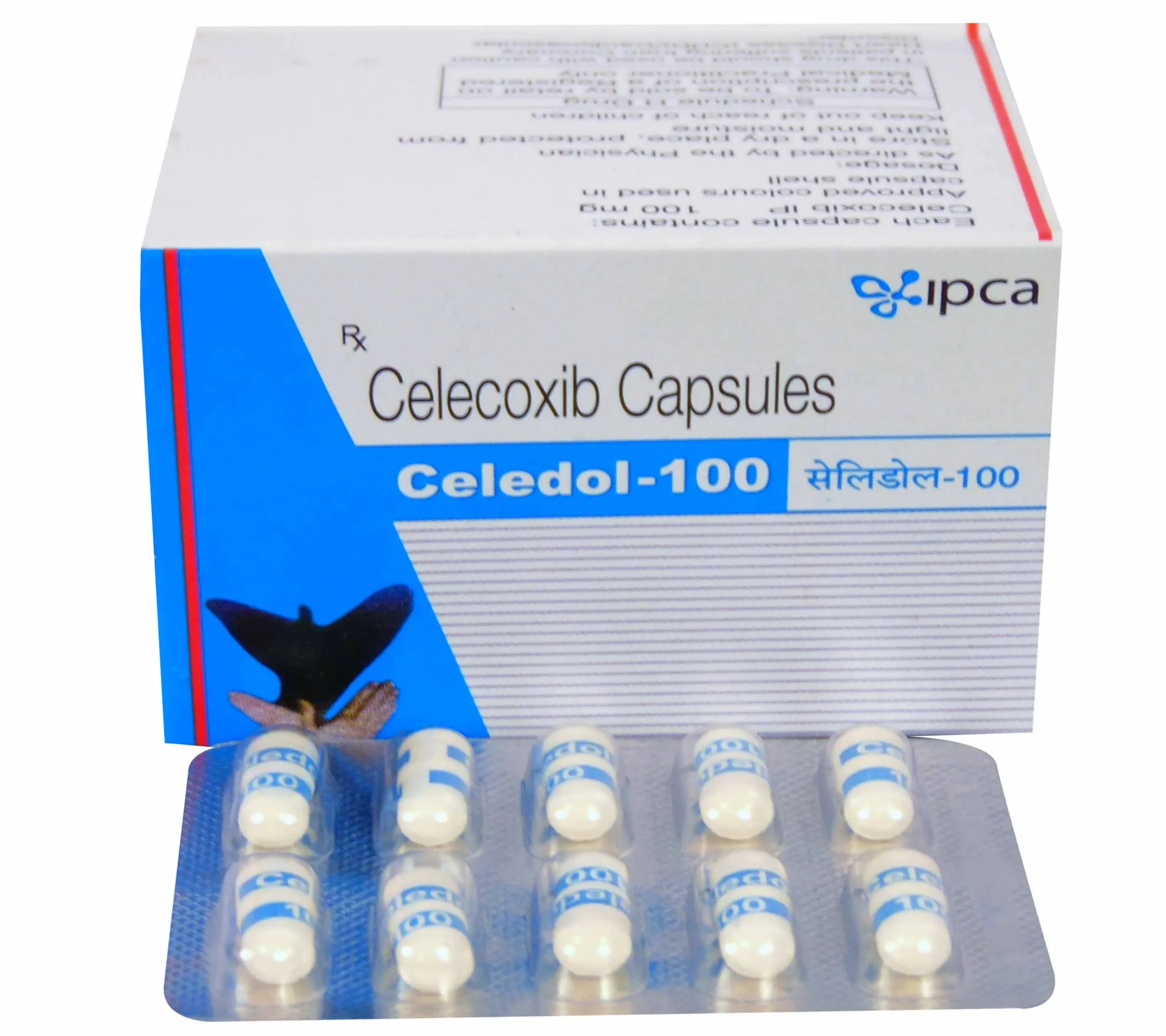Advancements in artificial intelligence are transforming industries, and healthcare is no exception. CrownSync AI is playing a crucial role in predictive analytics, helping medical professionals make data-driven decisions that improve patient outcomes. By analyzing vast amounts of healthcare data, CrownSync AI enables early disease detection, personalized treatments, and operational efficiency in hospitals. This article explores how CrownSync AI is shaping predictive analytics in healthcare and why it is essential for the future of medical technology.
The Role of AI in Predictive Healthcare Analytics
Artificial intelligence has changed the way healthcare providers diagnose, treat, and manage diseases. Predictive analytics powered by AI allows for proactive decision-making, reducing medical errors and enhancing patient care. With machine learning algorithms and deep data analysis, CrownSync AI can identify trends, predict disease outbreaks, and recommend treatment plans based on historical data.
Healthcare institutions are adopting AI-driven predictive models to minimize risks and ensure better patient management. By analyzing medical histories, lifestyle patterns, and genetic factors, CrownSync AI helps doctors make well-informed decisions before symptoms worsen.
How CrownSync AI Improves Early Disease Detection
One of the most significant benefits of predictive analytics in healthcare is early disease detection. Many life-threatening conditions, such as cancer, heart disease, and diabetes, progress silently before noticeable symptoms appear. CrownSync AI analyzes patient data to detect subtle patterns that indicate potential health risks.
- Cancer Detection: AI-powered models can examine medical imaging scans and identify tumors at an early stage, improving survival rates.
- Cardiovascular Health Monitoring: By analyzing heart rate patterns and lifestyle habits, CrownSync AI predicts the likelihood of heart disease, allowing preventive measures.
- Diabetes Risk Assessment: Machine learning algorithms analyze blood sugar levels and dietary habits to assess the risk of developing diabetes.
By leveraging AI in early detection, healthcare professionals can implement timely interventions, reducing complications and healthcare costs.
Enhancing Personalized Treatment Plans
Every patient is unique, and so should be their treatment. CrownSync AI enables personalized medicine by analyzing genetic information, past medical records, and real-time patient data. Traditional treatment plans often follow a one-size-fits-all approach, but AI-driven models provide customized recommendations based on individual health profiles.
For example, in oncology, AI can determine the most effective chemotherapy drugs based on a patient’s genetic composition, minimizing side effects and improving treatment efficacy. Similarly, AI-powered algorithms suggest tailored rehabilitation programs for stroke survivors, enhancing their recovery process.
Streamlining Hospital Operations with AI
Beyond patient care, CrownSync AI also plays a vital role in hospital management and operational efficiency. Predictive analytics assists healthcare institutions in resource allocation, reducing patient wait times, and optimizing staff scheduling.
- Emergency Room Predictions: AI models predict emergency room admission rates based on seasonal trends, population health data, and past records.
- Inventory Management: AI helps hospitals manage medical supplies efficiently, preventing shortages or overstocking of essential medications.
- Staffing Optimization: Predictive analytics ensures that hospitals maintain adequate staffing levels based on patient influx predictions.
By improving hospital operations, AI enhances overall healthcare quality while reducing operational costs.
AI-Driven Drug Discovery and Development
The pharmaceutical industry benefits significantly from AI-powered predictive analytics. Developing new drugs is a complex and time-consuming process that often takes years. CrownSync AI accelerates drug discovery by analyzing molecular structures, predicting potential drug interactions, and identifying promising candidates for clinical trials.
By automating the initial phases of drug testing, AI reduces the time and cost required for new medication development. This innovation is particularly valuable in responding to global health crises, such as pandemics, where rapid drug formulation is critical.
Addressing Data Privacy and Ethical Challenges
While AI-driven predictive analytics offers remarkable benefits, it also raises ethical and privacy concerns. Healthcare data is highly sensitive, and ensuring its security is paramount. CrownSync AI must adhere to strict data protection regulations to maintain patient confidentiality.
Key challenges include:
- Data Bias: AI models must be trained on diverse datasets to prevent biased predictions that could lead to disparities in medical care.
- Regulatory Compliance: AI applications in healthcare must comply with HIPAA, GDPR, and other global regulations to protect patient information.
- Ethical Use of AI: Transparent decision-making and human oversight are necessary to prevent AI-driven errors that may impact patient health.
Ensuring ethical AI implementation in healthcare will foster trust and maximize its potential benefits.
The Future of AI in Healthcare Predictive Analytics
The integration of AI in predictive healthcare analytics is still evolving, with continuous advancements expected in the coming years. CrownSync AI is paving the way for:
- Real-Time Health Monitoring: AI-powered wearable devices that provide instant health insights and alert doctors in case of abnormalities.
- AI-Assisted Robotic Surgeries: Enhanced precision in surgical procedures through AI-guided robotic systems.
- Global Disease Prediction: AI models predicting global health trends and assisting in pandemic preparedness.
As AI continues to revolutionize healthcare, its applications in predictive analytics will play a vital role in improving patient outcomes, reducing costs, and enhancing the efficiency of medical services.
Final Thoughts
CrownSync AI is transforming predictive analytics in healthcare, offering groundbreaking solutions for early disease detection, personalized treatments, hospital management, and drug discovery. While AI presents challenges related to data privacy and ethical concerns, its potential benefits far outweigh the risks when implemented responsibly. With ongoing advancements, AI-driven predictive analytics is set to redefine modern medicine, improving the quality of healthcare worldwide.





